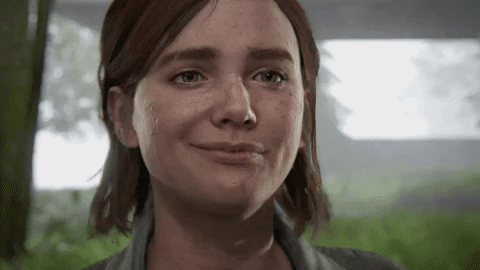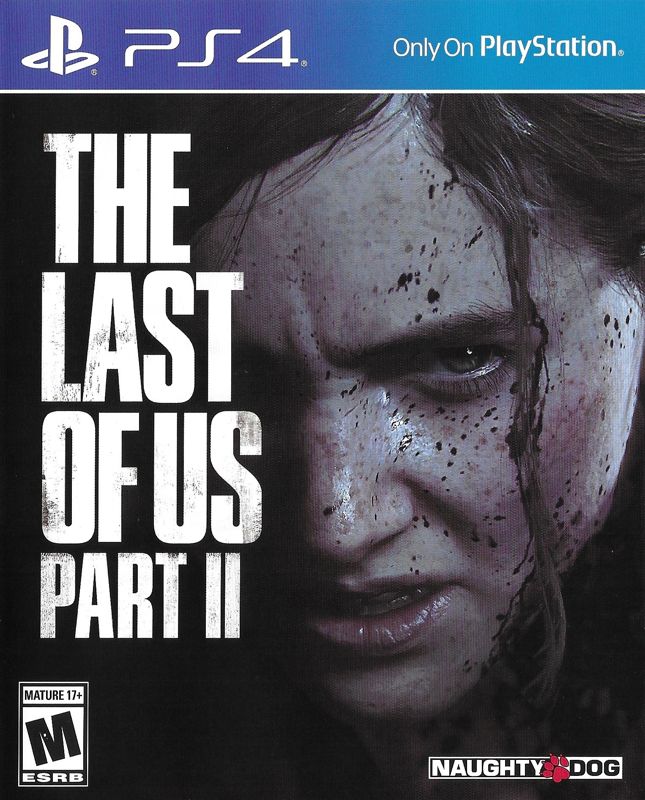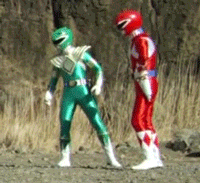And I asked you to cite them. I want to hear at length about these many ways.
No worries, can do that.

In this case, when talking about "player agency", I think that sort of thing is done on a spectrum. On one extreme end, there is a choose your own adventure style of game, in which every choice the player makes impacts the game -- choices change the narrative, they change the gameplay, and the options for paths to take to complete the game are numerous. That's a version of total player agency, or at least as close as you could get in a narrative, contemporary "AAA" title as far as I can tell.
But elsewhere on that spectrum there are lots of other games, in which the player can be compelled to play the game one way, or another, or another, due to perhaps many different factors. And through those particular playstyles, those players get fairly unique experiences. Given the possible depth in terms of the gameplay in TLoU2, it seems pretty clear to me that these kinds of choices exist. In fact, I made my OWN choice during my playthrough, and it greatly improved my experience of playing the game.
I was going through the game and struggling a bit in the early/middle stages; I was clearing areas meticulously, collecting everything, restarting encounters if I didn't get enough stealth kills, etc... and I wasn't thrilled with it for a first play through. The choice I made to emulate the more seamless gameplay videos, which allowed for more mistakes, improvisation, and much more heavily leaned on some of the depth of the game, greatly impacted my overall enjoyment of the story/game and infused a proper sense of desperation to game progress.
The player can make those kinds of choices throughout; they can be based on sections of the game, or based on the character you're controlling, or based on what's happening in the narrative or what's happened to the characters, or how FAR you are in the narrative... all those choices, without any/many of them being actually FORCED, are directly facilitated by the depth of the gameplay. That's player agency.
Whether you find this compelling or not or whether you think this counts specifically as "player agency" or not, that's going to be up to you... but it's obvious that these gameplay choices do/can radically impact the experience of playing the game, if not the narrative within the game. And I think that is probably at least relevant to what Druckmann was talking about... because he has to think about those things, there's no reason to have the gameplay variety available to the player without having a considerable awareness of player agency, even in a "linear" game. But that said, I don't know what he said about player agency. I'm not sure it's really all that relevant to the overall discussion.
So! Since you've giving me the benefit of the doubt with regard to me putting words in your mouth (honestly wasn't doing it maliciously, just trying to understand your point) I'll do the same with you regarding your non-responsiveness to the bulk of my argument, and the specific example I brought up... so you'll answer my question now right?
You think since the player can't impact the story of TLoU1, or Uncharted 2, or even God of War which has open world elements which really don't impact the story... because of that they should just be movies? Is that not what you were suggesting? Because I don't know how else to take "linear levels and linear cutscenes have zero player agency" and "you might as well go make a movie", because all of that kind of ignores the central defining element of games, linear or not... which is
gameplay.








